
Bicycle touring is the taking of self-contained cycling trips for pleasure, adventure or autonomy rather than sport, commuting or exercise. Bicycle touring can range from single-day trips to extended travels spanning weeks or months. Tours may be planned by the participant or organized by a tourism business, local club or organization, or a charity as a fund-raising venture.

Dervla Murphy was an Irish touring cyclist and author of adventure travel books, writing for more than 50 years.

The bicycle had a significant impact on the lives of women in a variety of areas. The greatest impact the bicycle had on the societal role of women occurred in the 1890s during the bicycle craze that swept American and European society. During this time, the primary achievement the bicycle gained for the women's movement was that it gave women a greater amount of social mobility. The feminist Annie Londonderry accomplished her around-the-globe bicycle trip as the first woman in this time. Due to the price and the various payment plans offered by American bicycle companies, the bicycle was affordable to the majority of people. However, the bicycle impacted upper and middle class white women the most. This transformed their role in society from remaining in the private or domestic sphere as caregivers, wives, and mothers to one of greater public appearance and involvement in the community. In the 21st century bicycling remains a contentious issue addressed by feminists in countries such as Saudi Arabia and Iran.
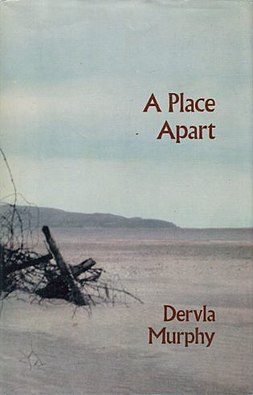
A Place Apart is a book by Irish author Dervla Murphy. It was first published by John Murray in 1978, and won the Christopher Ewart-Biggs Memorial Prize in 1979. The book is usually given the subtitle Northern Ireland in the 1970s, but has been called A Record of Northern Ireland.
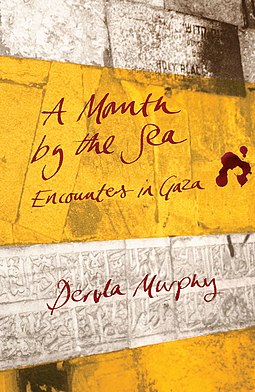
A Month by the Sea: Encounters in Gaza is a book by Irish author Dervla Murphy. It was first published by Eland Books in 2013.
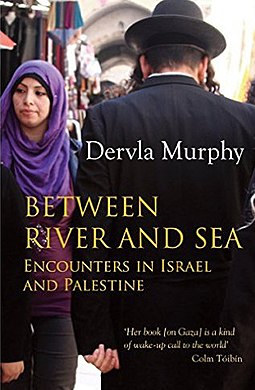
Between River and Sea: Encounters in Israel and Palestine is a book by Irish author Dervla Murphy. It was first published by Eland Books in 2015. It was Murphy's final book before her death in 2022.
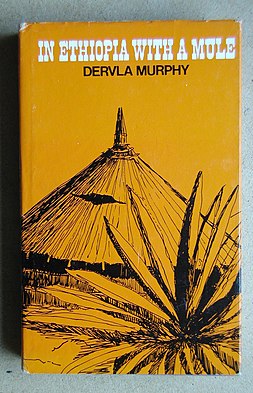
In Ethiopia with a Mule is a book by Irish author Dervla Murphy. It was first published by John Murray in 1968.

The Island that Dared: Journeys in Cuba is a book by Irish author Dervla Murphy. It was first published by Eland Books in 2008.

On a Shoestring to Coorg is a book by Irish author Dervla Murphy. It was first published by John Murray in 1976. The book is usually given the subtitle An Experience of Southern India, but has been called An Experience of South India and A Travel Memoir of India.
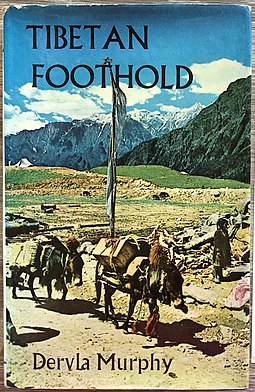
Tibetan Foothold is a book by Irish author Dervla Murphy. It was first published by John Murray in 1966.
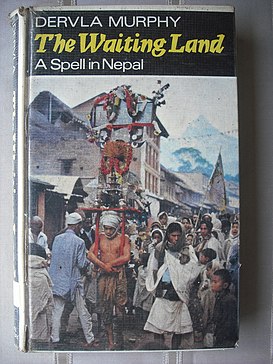
The Waiting Land is a book by Irish author Dervla Murphy. It was first published by John Murray in 1967 and has been described as one of the top ten books about the Himalayas.
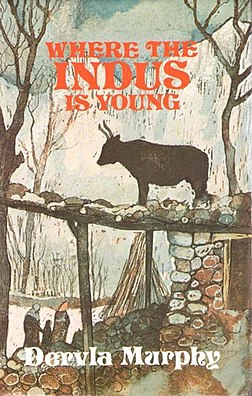
Where the Indus Is Young is a book by Irish author Dervla Murphy. It was first published by John Murray in 1977. The book is usually given the subtitle A winter in Baltistan, but has been called Midwinter in Baltistan.

Tales from Two Cities: Travel of Another Sort is a book by Irish author Dervla Murphy. It was first published by John Murray in 1987.

Eight Feet in the Andes is a book by Irish author Dervla Murphy. It was first published by John Murray in 1983.
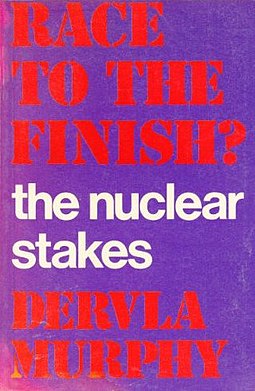
Race to the Finish? The Nuclear Stakes is a book by Irish author Dervla Murphy. The book was first published in 1981. Like Murphy's other earlier works, it was published by Jock Murray of the John Murray publishing house.

Wheels Within Wheels: Autobiography is Irish cyclist and travel writer Dervla Murphy's autobiographical book. It was first published in 1979 by John Murray, and reprinted by Eland Books in 2010 with the subtitle The Makings of a Traveller.

Silverland: A Winter Journey Beyond the Urals is a book by Irish author Dervla Murphy. It was first published by John Murray in 2006.
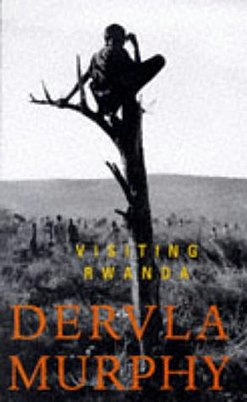
Visiting Rwanda is a nonfiction book by Irish author Dervla Murphy, detailing her travels in Rwanda in the aftermath of the 1994 Rwandan genocide. It was first published in 1998.

Through Siberia by Accident: A Small Slice of Autobiography is a book by Irish author Dervla Murphy. It was first published by John Murray in 2005.



















